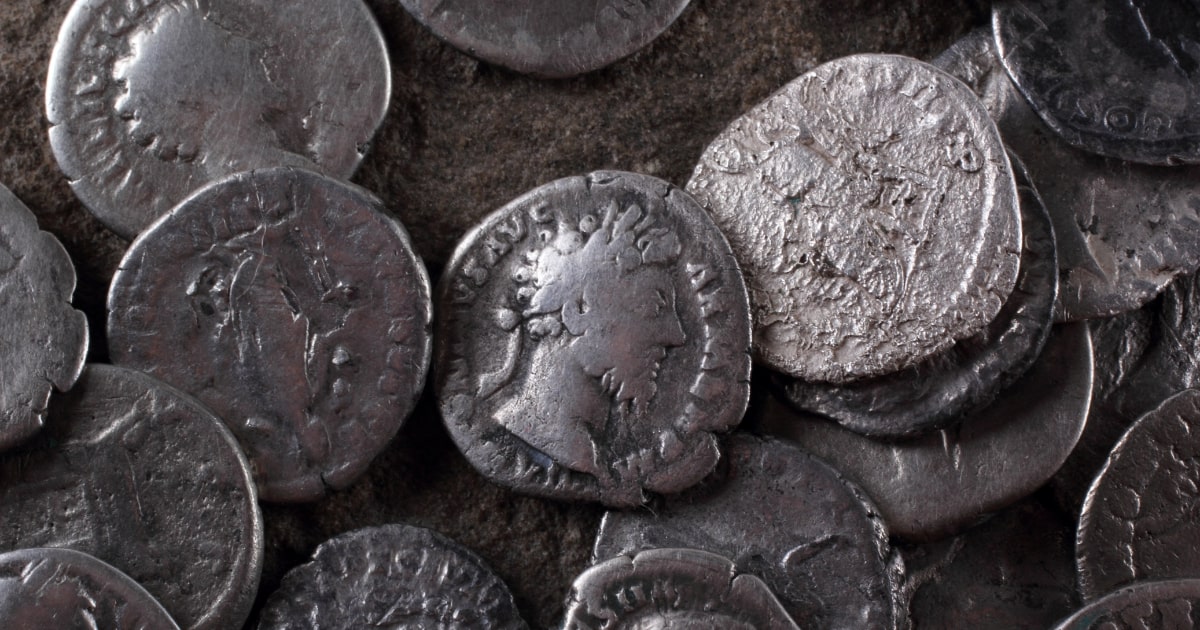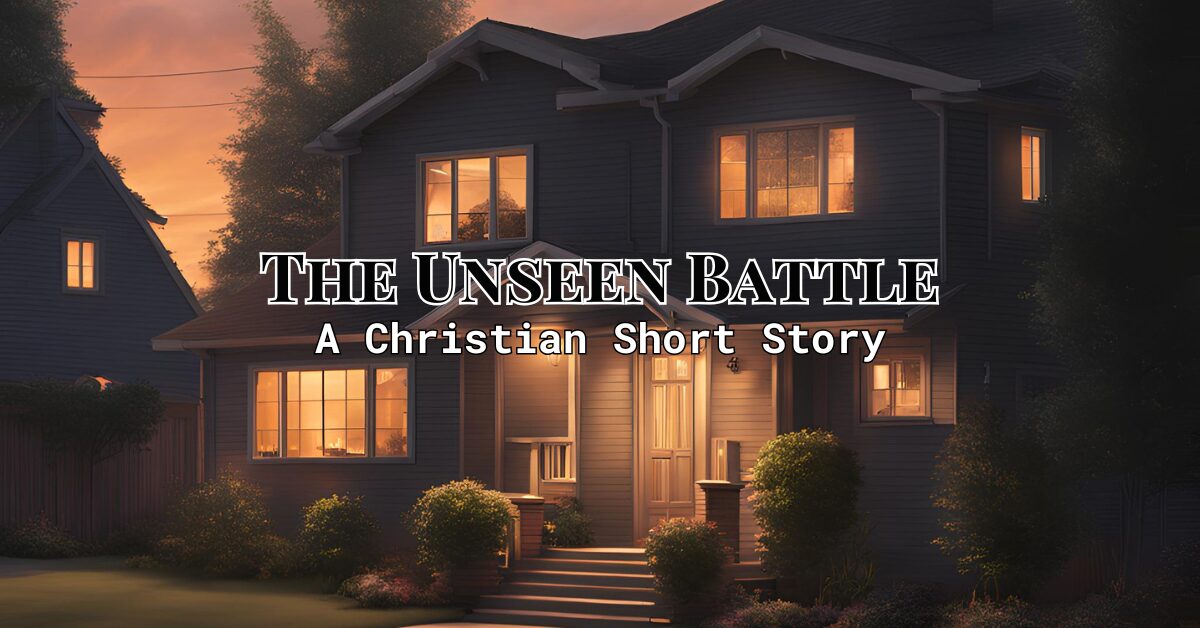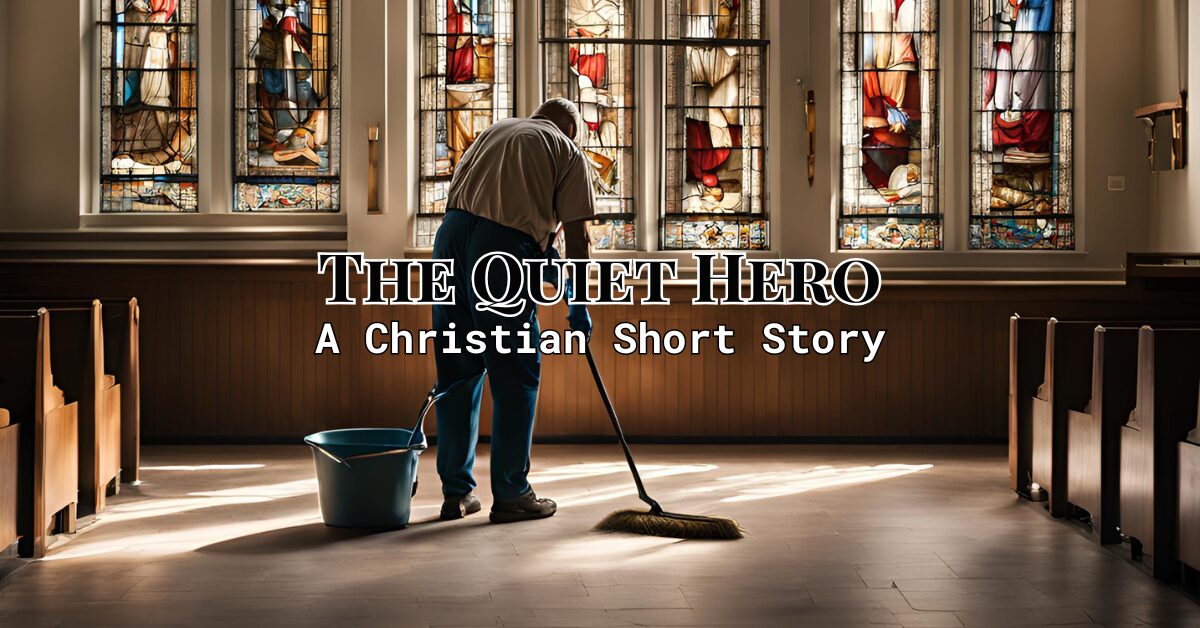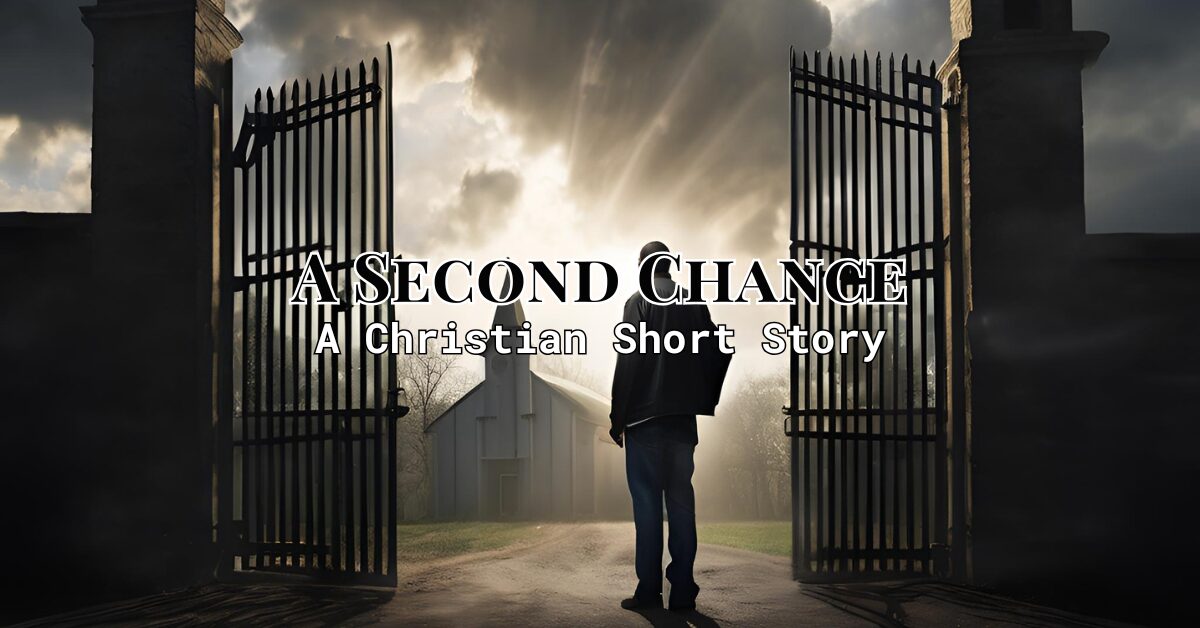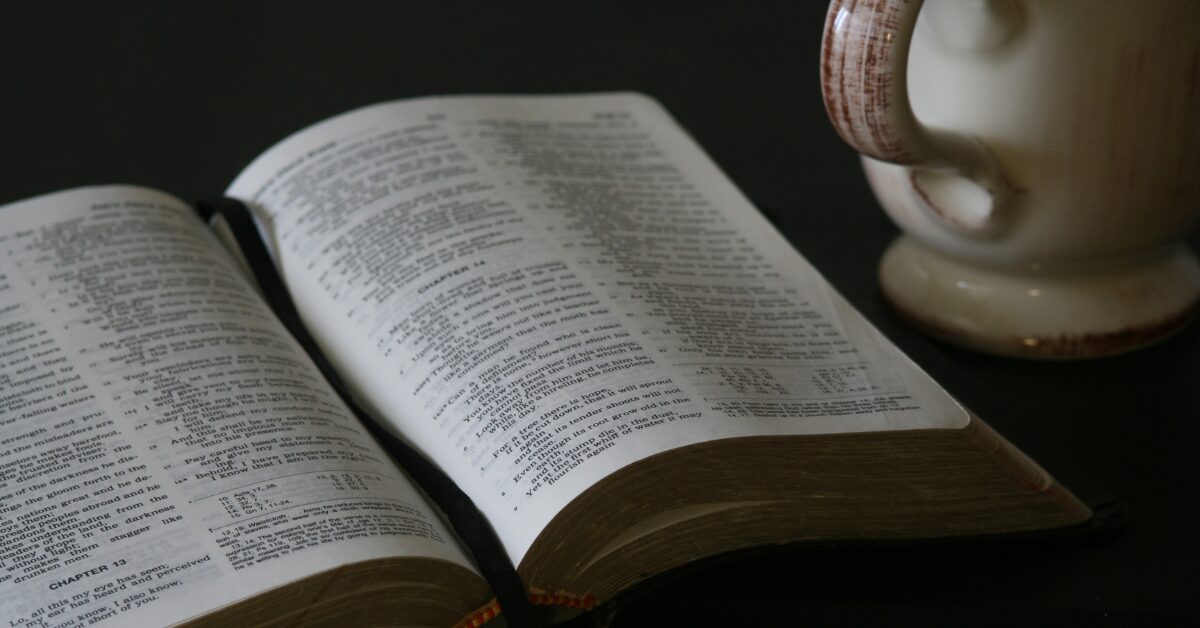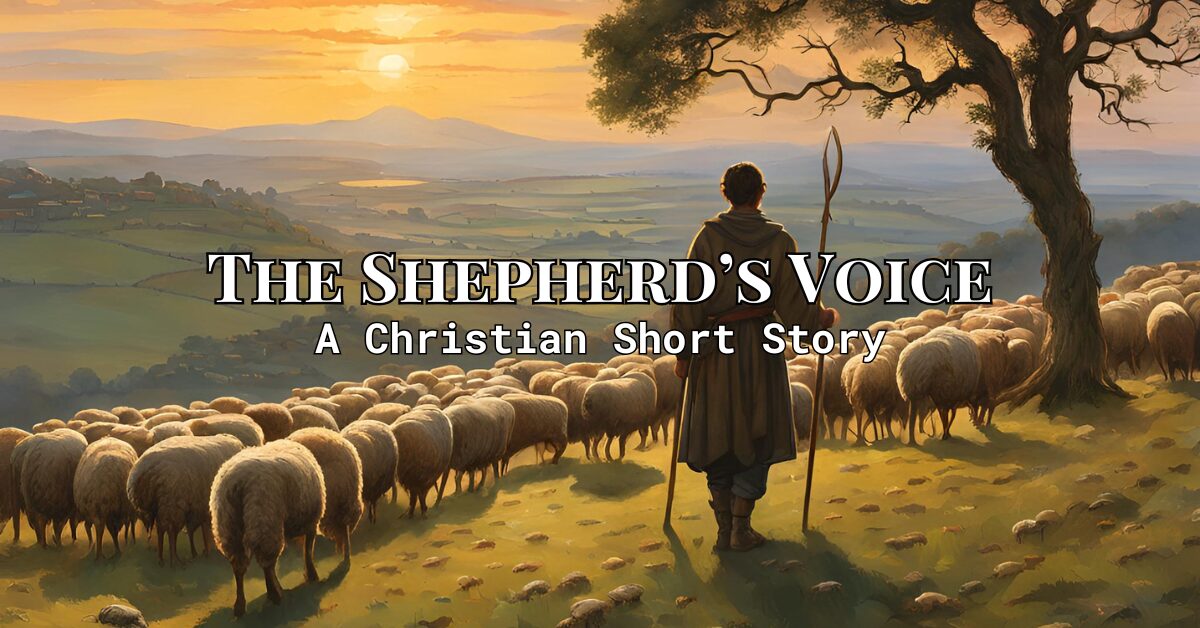In an era where forgiveness seems to be in short supply, the timeless teachings of ancient texts beckon us to reconsider the profound impact of grace and understanding in our lives. Among these teachings, the Parable of the Moneylender stands out as a particularly poignant lesson on the nature of debt, forgiveness, and the human heart. Embedded within the Gospel of Luke, this story is more than a mere moral teaching; it is a deep well of wisdom for those willing to dive into its depths.
The narrative unfolds in a setting marked by stark contrasts—between societal norms and radical acts of love, between the letter of the law and the spirit of grace. It challenges us to look beyond our immediate judgments and perceptions, urging us to see the world and our fellow beings through a lens of compassion and empathy. This parable, told by Jesus to a skeptical audience, illuminates the transformative power of forgiveness, not only as a divine attribute but as a human practice capable of changing lives and mending relationships.
As we delve into the heart of this parable of the Moneylender, we are invited to reflect on our own experiences with debt and forgiveness. Debt, in this context, transcends the financial realm, touching upon the deeper emotional and spiritual indebtedness that shapes our interactions and our very being. The act of forgiveness, as depicted in the parable, becomes a mirror reflecting our own vulnerabilities, biases, and capacities for change.
This blog post seeks to explore the layers of meaning within the Parable of the Moneylender, moving beyond a simple recitation to a thoughtful interpretation and, ultimately, to a discussion of its practical implications in daily life. By examining the nuances of this story, we aim to uncover insights that resonate with our contemporary struggle for connection, redemption, and a deeper sense of community. Join us as we journey through the rich landscape of this ancient wisdom, searching for the light it sheds on our modern existence and the ways in which it calls us to live out the profound simplicity of its message: the boundless power of forgiveness.
Parable of Jesus Christ: The Moneylender
In the Gospel of Luke, we encounter a moment that bridges the divine with the everyday, through a parable that Jesus shares in response to the silent judgments of a Pharisee named Simon. This story, known as the Parable of the Moneylender, unfolds as Jesus is dining at Simon’s house, an event that becomes the backdrop for one of the most enduring lessons on forgiveness and love.
Luke 7:41 – 43 chapter 7, verses 41-43, The Wise and Foolish Builders:
“Two people owed money to a certain moneylender. One owed him five hundred denarii, and the other fifty. Neither of them had the money to pay him back, so he forgave the debts of both. Now which of them will love him more?”
Simon replied, “I suppose the one who had the bigger debt forgiven.”
“You have judged correctly,” Jesus said.
This parable, though brief, is packed with layers of meaning and implication, serving as a cornerstone for understanding the radical nature of Jesus’ teachings and the kingdom he proclaimed. It challenges us to reevaluate our own perceptions of worthiness, debt, and forgiveness, urging us towards a more compassionate and grace-filled existence.
Also Read: The 45 Parables of Jesus
Interpreting the Parable of the Moneylender

The Parable of the Moneylender is a lesson in forgiveness, told through the story of two individuals who are forgiven their debts. This story, while simple, delves deep into the human experience, touching on themes of error, grace, and love.
Debt as More Than Money
In the Moneylender, the monetary debt symbolizes our personal mistakes and failings. These “spiritual debts” signify how we’ve wronged others or ourselves. The act of forgiveness by the moneylender is akin to offering grace to someone who has erred, regardless of the severity of their mistake.
The Link Between Forgiveness and Love
Jesus asks, “Now which of them will love him more?” This question connects the experience of being forgiven with an increase in love for the one who forgives. The story suggests that realizing the magnitude of forgiveness we’ve received can make our love and gratitude grow stronger.
Gratitude for Forgiveness
The contrast between Simon’s and the woman’s treatment of Jesus illustrates different responses to forgiveness. The woman, aware of her need for forgiveness, shows deep love and gratitude, unlike Simon, who doesn’t offer Jesus basic hospitality. This part of the parable teaches us about the transformative power of acknowledging forgiveness.
The Transformative Power of Forgiveness
Forgiveness is presented not just as a way to absolve a debt but as a force that can change how we relate to the world and each other. It encourages us to approach others with compassion and grace, mirroring the forgiveness we hope to receive.
Reflecting on Our Lives
The parable prompts us to consider our own “debts,” the forgiveness we’ve received, and how these experiences influence our capacity to love. It calls on us to be both recipients and givers of forgiveness, recognizing that in matters of the heart, love is the ultimate measure of value.
Also read: Parable of Jesus: New Wine in Old Wineskins
Practical application of the Parable of The Moneylender in Our Daily Lives

How can you apply the Parable of The Moneylender practically in your daily life? Let’s take a look at it.
The Parable of the Moneylender is not just a story to be heard and forgotten; it’s a blueprint for living a life enriched with forgiveness and love. Here’s how we can incorporate its lessons into our daily lives:
Acknowledge Your Own Debts
Start by reflecting on your own life and acknowledging the times you’ve wronged others or made mistakes. Recognizing your need for forgiveness is the first step towards understanding the value of forgiving others. This self-awareness fosters humility and compassion, making it easier to extend grace to others.
Embrace Forgiveness
Forgiving those who have wronged us can be challenging, but it’s a crucial step towards personal peace and healthier relationships. Remember, forgiveness doesn’t mean condoning wrongdoing; it means freeing yourself from the burden of resentment and allowing room for growth and healing. Practice letting go of grudges and see how it transforms your interactions and well-being.
Express Gratitude
For the forgiveness you’ve received from others, whether for small oversights or significant hurts, express your gratitude. This can be through words, actions, or simply by paying it forward and forgiving someone else. Gratitude not only acknowledges the gift of forgiveness but also reinforces your commitment to fostering positive relationships.
Cultivate Love through Forgiveness
Use your experiences of being forgiven and forgiving others to deepen your capacity for love. Remember, as the parable suggests, those who have been forgiven much, love much. Let your understanding and appreciation of forgiveness guide you to more loving and empathetic interactions with everyone around you.
Implement Compassion in Judgment
When you find yourself in a position to judge others, recall the parable and the lessons it holds about compassion and grace. Approach such situations with empathy, understanding that everyone has their own struggles and debts. This doesn’t mean avoiding accountability but rather addressing issues with a spirit of kindness and a willingness to forgive.
Foster a Forgiving Community
Encourage a culture of forgiveness in your family, workplace, and community. Share your understanding of the parable and its application in daily life, inspiring others to embrace forgiveness. A community that values forgiveness over judgment is one where relationships flourish and individuals feel valued and understood.
By integrating these practices into our daily lives, we not only live out the lessons of the Parable of the Moneylender but also contribute to a more forgiving and loving world. This ancient wisdom, though centuries old, holds the key to resolving modern conflicts and nurturing lasting connections among us.
Conclusion: Embracing the Timeless Wisdom of the Moneylender

The Parable of the Moneylender teaches us invaluable lessons about forgiveness and the transformative power it holds. Through the simple yet profound act of the moneylender forgiving the debts of two individuals, we are shown the essence of grace and compassion. This narrative encourages us to reflect on our own ‘debts’—the wrongs we’ve committed and the forgiveness we’ve received. It’s a reminder that forgiveness is not just an act of letting go but a gift that enriches both the giver and the receiver.
Incorporating the wisdom of the moneylender into our lives means embracing forgiveness as a fundamental principle. By doing so, we free ourselves from the chains of resentment and open our hearts to deeper, more meaningful connections. The moneylender’s example teaches us that our capacity to love grows with our willingness to forgive. This is a powerful message for our personal relationships and the broader community, highlighting that a culture of forgiveness can transform societies.
Moreover, the moneylender’s actions serve as a call to action for each of us. They urge us to be generous in our forgiveness, to acknowledge our own need for it, and to extend it freely to others, without expectation. This approach not only heals and restores relationships but also fosters a more compassionate and understanding world.
In conclusion, the story of the moneylender is more than just a tale from ancient times; it’s a relevant, guiding light for today’s world. Let us take to heart the lessons of the moneylender, allowing them to inspire us to live lives marked by grace, love, and forgiveness. In doing so, we honor the profound wisdom of this parable, making it a lived reality in our daily interactions and communities.
Read the next Parable: Parable of Jesus: The Lamp

